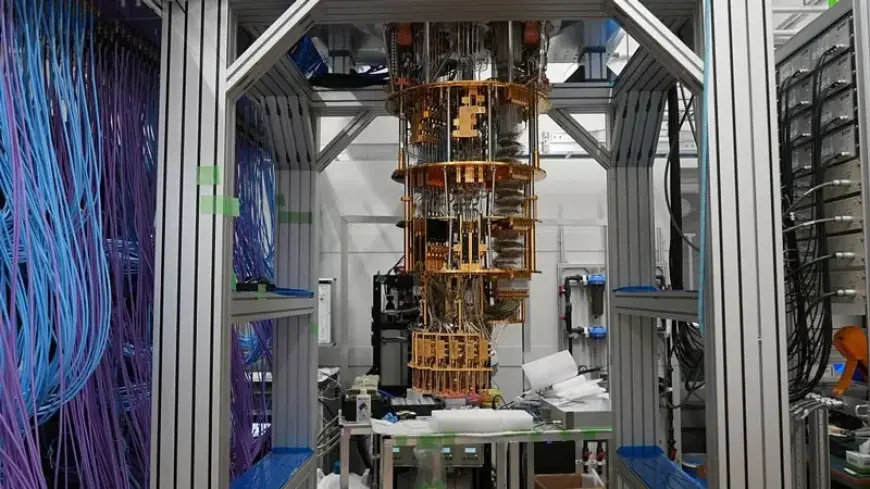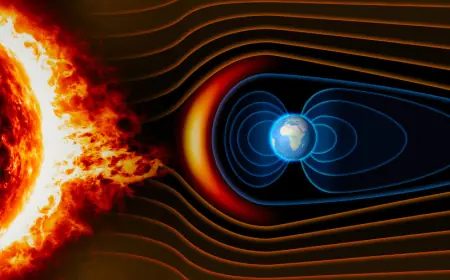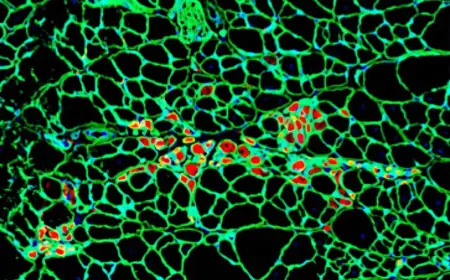Japan Launches the World's Most “Dense” Quantum Computer: 256 Qubits
The launch of a 256-qubit quantum computer by Japanese specialists from RIKEN and Fujitsu marks an important technological breakthrough, especially in the areas of qubit density and energy efficiency. This not only demonstrates significant engineering progress but also paves the way for the development of larger-scale systems.

Japanese specialists from the research agency RIKEN, together with Fujitsu, have introduced one of the world’s largest superconducting quantum computers. The new system contains 256 qubits — a record in qubit density: the number of qubits was increased fourfold without enlarging the device’s size.
Key features:
-
Utilizes a 3D architecture based on 4-qubit cells
-
Operating temperature: 20 mK (close to absolute zero)
-
Amplifier energy consumption reduced by more than 60%
-
High density of cable connections
Fujitsu plans to create a 1000-qubit quantum computer by 2026. In the long term, the industry aims for systems with a million qubits, which are necessary for solving real-world problems such as cryptanalysis and new material simulations.
Today, the new 256-qubit system is already accessible via a cloud platform. Among the first users are companies from Japan’s financial and chemical sectors. International cooperation is expected to expand.



























